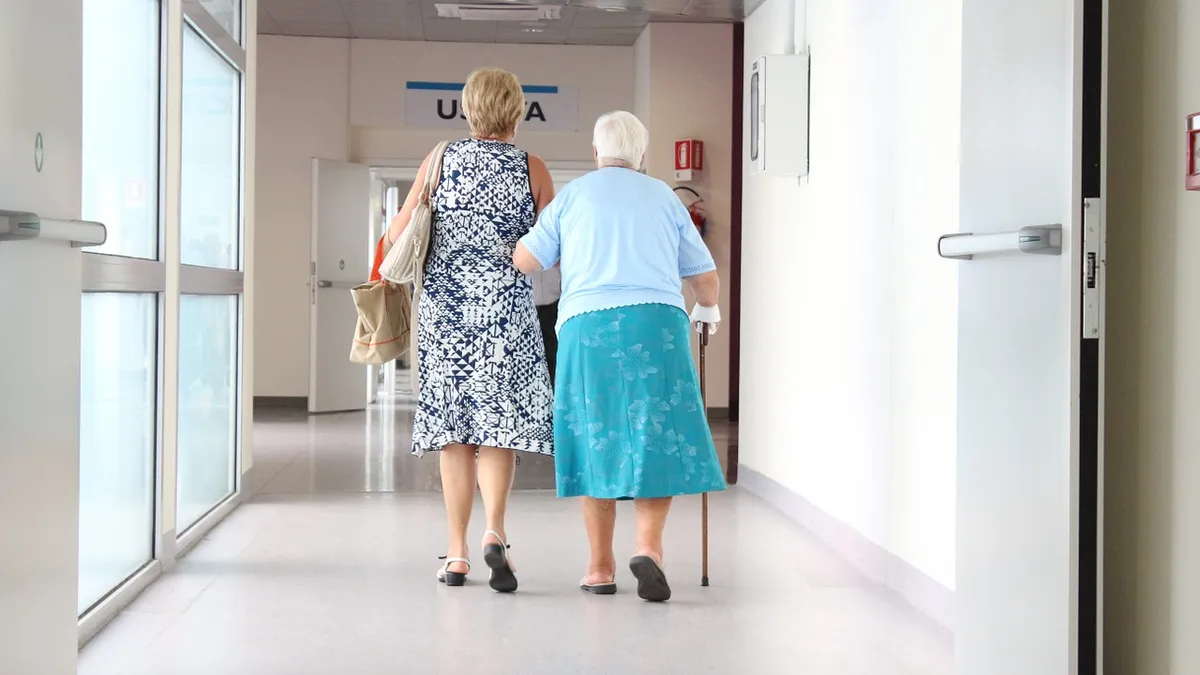Dive Brief:
- A bill introduced in the U.S. House of Representatives Sept. 19 aims to invest in training and employment advancement for direct care workers. The Direct Creation, Advancement, and Retention of Employment (CARE) Opportunity Act has bipartisan support and, according to a statement from its sponsors, recognizes the need for more than a million direct care workers by 2024.
- As more Americans grow older they, along with other citizens who need direct healthcare assistance, will rely on direct caregivers, according to the statement. Direct CARE will fund and promote innovative strategies aimed at recruitment, retention and support of direct care workers. It also looks to enhance attraction to the field with training, mentoring and career pathways, the statement said.
- "As one of the fastest growing occupational sectors in the country, we must make meaningful investments to ensure that this field attracts talented professionals and provides advancement opportunities for those dedicated to the profession," Committee Chair Bobby Scott, D-Va., said in the statement.
Dive Insight:
The proposed legislation is another push for the government to support skills training of workers. A recent study from the National Skills Coalition revealed 79% of business leaders and 93% of Americans believe the government should be more involved in providing skills training for workers. The group's Voices for Skills campaign hopes to educate policymakers and candidates on how necessary skills training is for workers and employers filling in-demand jobs.
An overall growth in jobs is expected to continue until through 2028, as older workers stay at work longer, the U.S. Bureau of Labor Statistics (BLS) reported. Three of the top five positions expected to grow fastest in the coming decade are occupational therapy assistants, home health aides and personal care aides, BLS said. Help training and supporting these workers will be necessary to expand this workforce. In addition, access to direct care and other health services may be a concern for those who delay their retirement.











